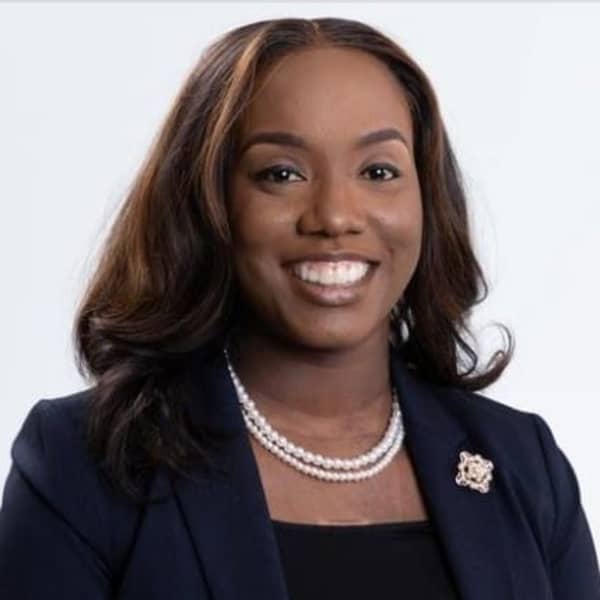As the coronavirus spreads across the United States, American life has come to a halt: schools are closing, sports leagues are suspended, events are canceled and officials from major cities are announcing restrictions on restaurants and bars.
Some Americans are already out of work and millions could end up losing their jobs in a potential recession.
While financial advisors typically encourage setting aside at least a small portion of your income for the future, ideally 10-15%, now may be the time to scale back or stop contributing to retirement-specific accounts if you don't have cash savings to fall back on. If you don't have three to six months' worth of expenses saved in an emergency fund, "temporarily stop contributing to retirement accounts," Nick Holeman, certified financial planner at Betterment, tells CNBC Make It.
Take the money you'd normally save for retirement and put it into an account for emergencies. Pausing retirement contributions "is not ideal," he emphasizes, "but this will be a short-term change. Commit to start contributing again once you are back on your feet."
It's crucial to have a suitable emergency fund right now. The U.S. does not have mandated paid sick leave, so if you fall ill and have to miss work, or lose your job because of the coronavirus, you'll want a cash cushion to fall back on when money isn't flowing in.
"Having an emergency fund can also provide you with much needed peace of mind amid a frightening news cycle," says Holeman. "When you are always worried about how you'll possibly pay for the next unexpected expense, like medicine or car repairs, your mind can be in a constant state of stress."
More from Invest in You:
Avoid this investing mistake as coronavirus fears grip markets
Here's the secret to multiplying your savings
Save $1,000 without sacrificing anything you really love
In addition to redirecting retirement savings towards your emergency fund, you can build it up by backing off on non-essential expenses, like subscriptions and memberships. Make a list of everything you're paying for that's not a "need," select a few to eliminate and send the savings to your rainy day fund. Remember, these budget cuts can be temporary.
Your restaurant and entertainment bill may even start to lower automatically, says Holeman: "Most of us are being told to not be social, which is usually where we spend money. Use that to your advantage to help cut back your budget to the essentials."
For more guidance, check out eight steps to take if you can't make ends meet because of the coronavirus.
SIGN UP: Money 101 is an 8-week learning course to financial freedom, delivered weekly to your inbox.
Disclosure: NBCUniversal and Comcast Ventures are investors in Acorns.







